When it comes to raising turkeys, one of the key components to ensuring their health and safety is providing them with the right living environment. An essential aspect of this is the automatic turkey door. Choosing the correct size door for your turkeys is crucial for their comfort, security, and ease of access. In this guide, we’ll explore what size door turkeys need and the benefits of an automatic turkey door.
Understanding Turkey Sizes
Before delving into the door size, it's important to understand the common sizes of domestic turkeys. Adult turkeys, particularly breeds like the Broad Breasted White, can weigh anywhere from 15 to 30 pounds, with males typically being larger than females. Their height can vary, but on average, they stand about 36 to 48 inches tall. With these measurements in mind, it’s easier to determine the appropriate size for an automatic turkey door.
Dimensions of the Door
When selecting an automatic turkey door, you should consider the appropriate dimensions to accommodate your turkeys comfortably. Most turkey doors should be built with the following dimensions:
- Height: A minimum opening height of 15 to 20 inches is advisable. This allows sufficient space for adult turkeys to walk through without hunching or feeling cramped.
- Width: The door should be about 12 to 16 inches wide. This width ensures that even larger birds can pass through easily and prevents any potential injury while they are entering or exiting.
It's best to measure your own turkeys to account for variations in breed and size. If you plan to house both adult and juvenile turkeys, consider a door that is more adaptable in size or one that can be adjusted as the turkeys grow.
Benefits of an Automatic Turkey Door
An automatic turkey door offers several advantages that can enhance your turkey-raising experience.
1. Convenience
One of the main benefits of an automatic turkey door is convenience. These doors can be programmed to open and close at specific times, allowing your birds to go in and out freely without requiring manual operation. This is particularly useful if you have a busy schedule or live in an area with predatory animals.
2. Enhanced Security
A well-fitted automatic turkey door can significantly improve the security of your turkey coop. When it automatically closes at dusk, it helps protect your turkeys from nighttime predators such as raccoons, foxes, or owls. In this regard, the door size should fit snugly to eliminate gaps that might pose security risks.
3. Weather Protection
Another considerable benefit of an automatic turkey door is its ability to provide weather protection. When closed, the door can help maintain the indoor climate of the coop, keeping turkeys sheltered from harsh weather conditions. Ensuring that the door size is appropriate prevents drafts and overexposure to the elements.
Installation Tips for an Automatic Turkey Door
Installing an automatic turkey door can be a straightforward process, but there are a few tips to consider:
- Location: Install the door at the back of the coop for easy accessibility. Ensure that it aligns properly with the interior space where the turkeys will be roosting or nesting.
- Check Mechanisms: Ensure the automatic mechanism works smoothly before introducing your turkeys to the door. All moving parts should operate without any hitches to prevent injuries.
- Test Size: Once installed, observe your turkeys as they navigate through the door. Adjustments might be necessary if you notice they struggle to enter or exit comfortably.
Final thoughts
In summary, understanding what size door turkeys need is vital for creating a welcoming and secure environment for them. An automatic turkey door not only simplifies their daily routines but also enhances safety and comfort. By adhering to the recommended dimensions—height of 15 to 20 inches and width of 12 to 16 inches—you can ensure that your turkeys have the best possible access in and out of their living space. As you set up your turkey coop, take these considerations into account for a successful and happy turkey-raising experience.



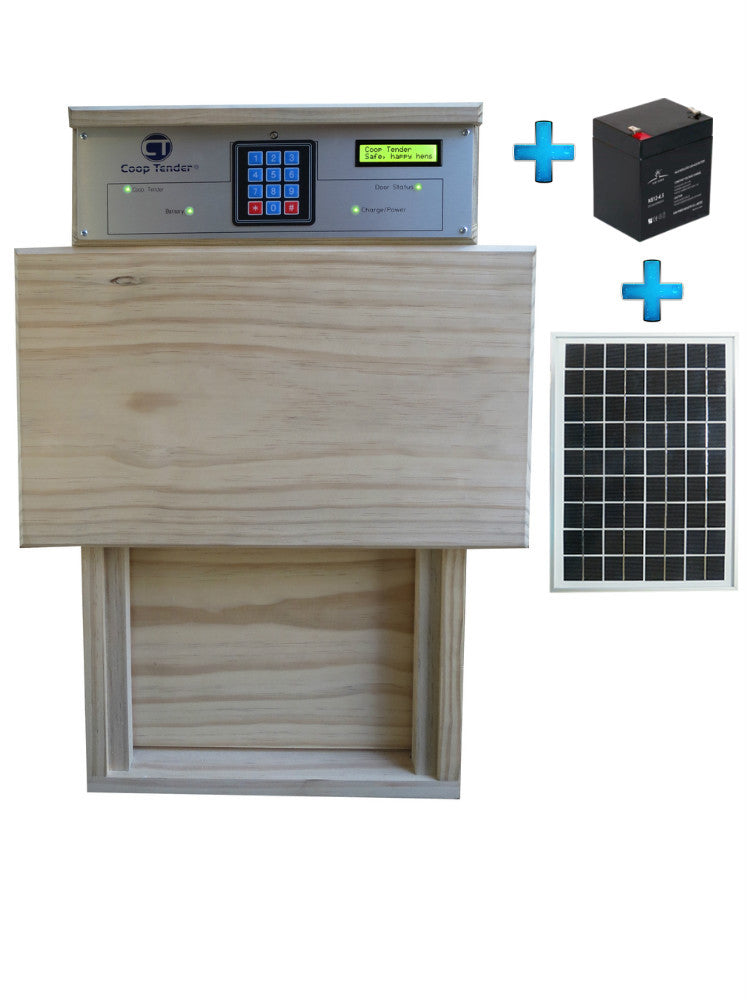
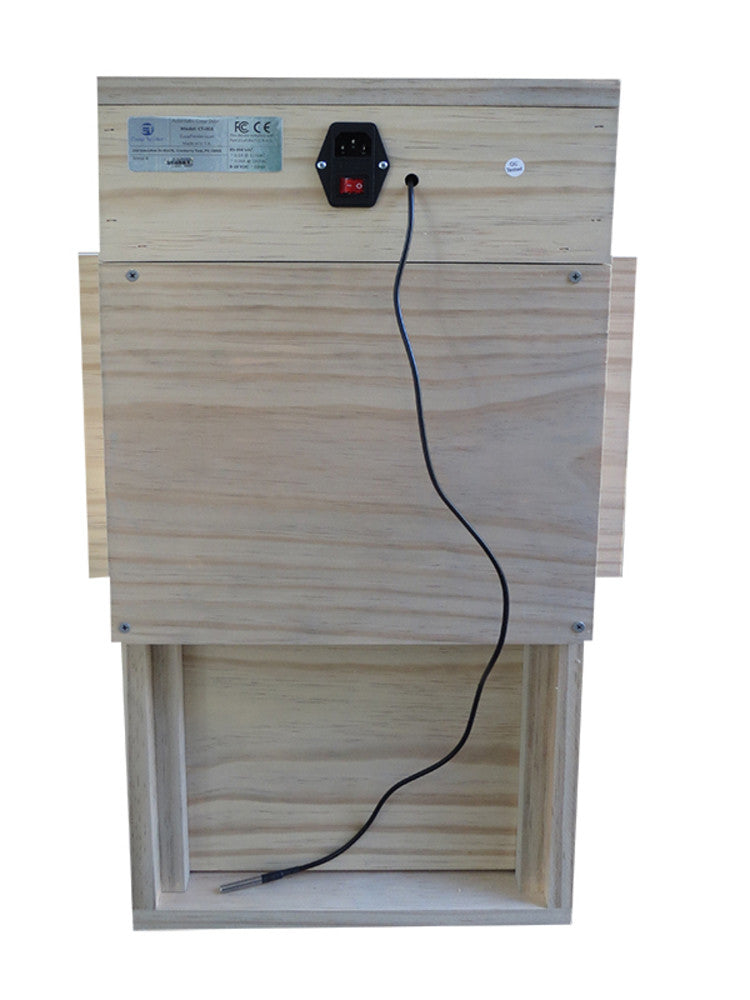
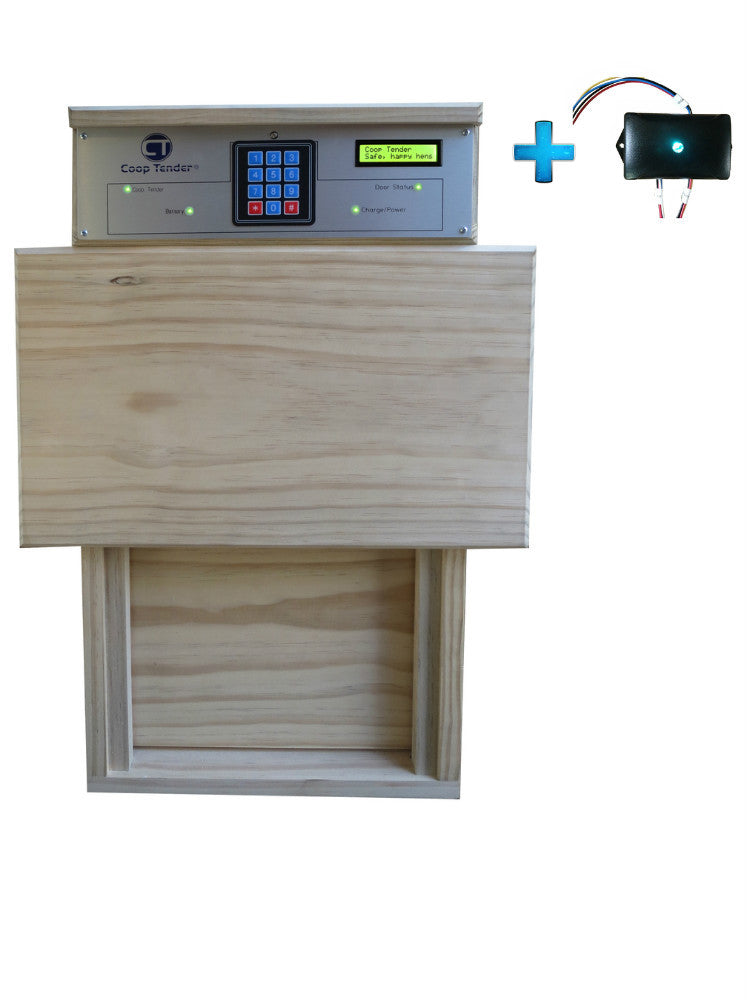
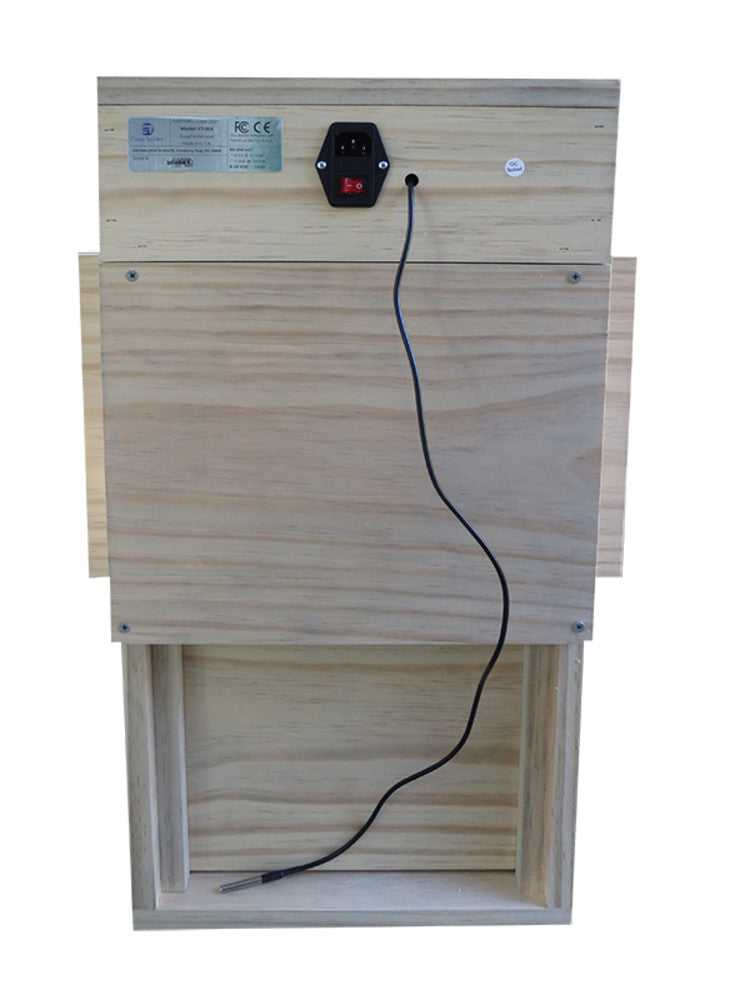
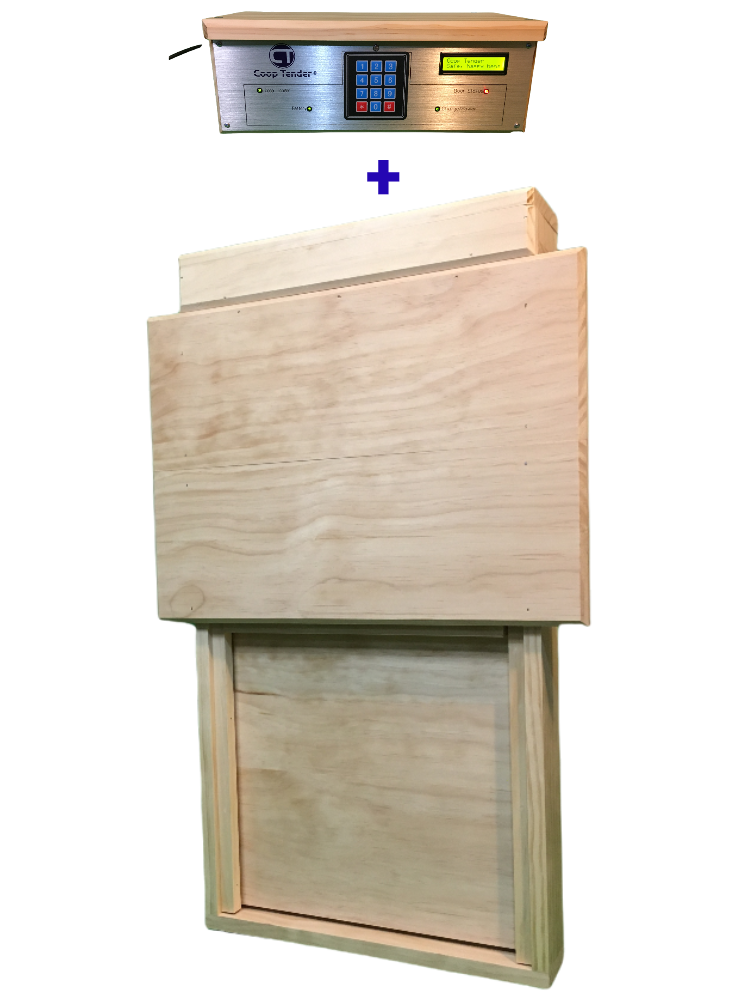
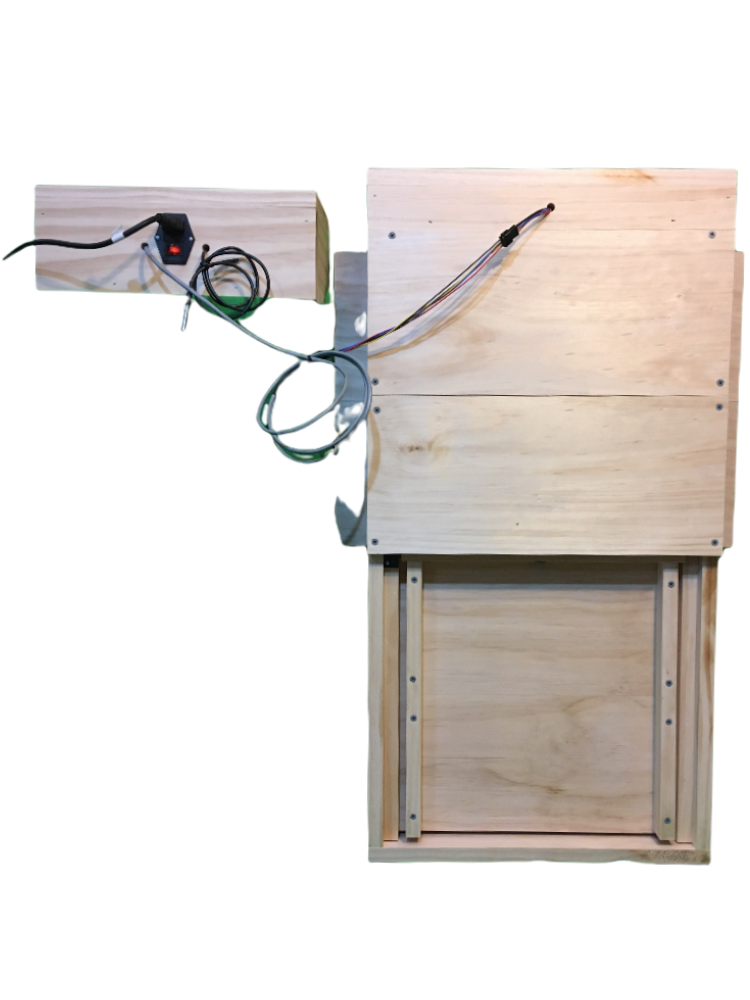

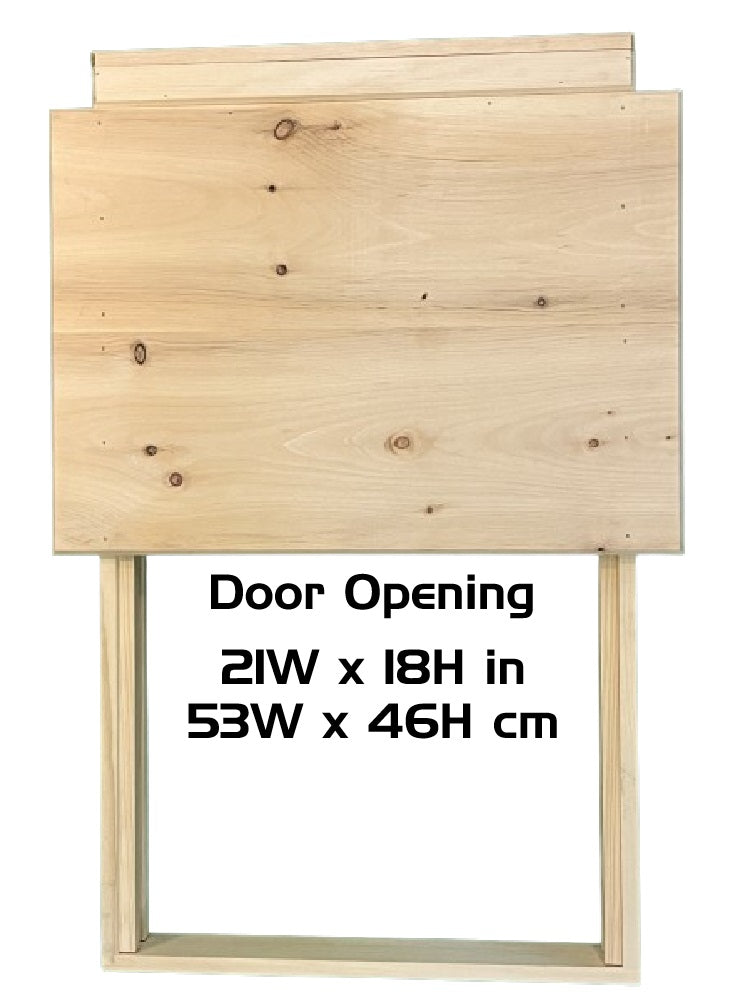
Dejar un comentario